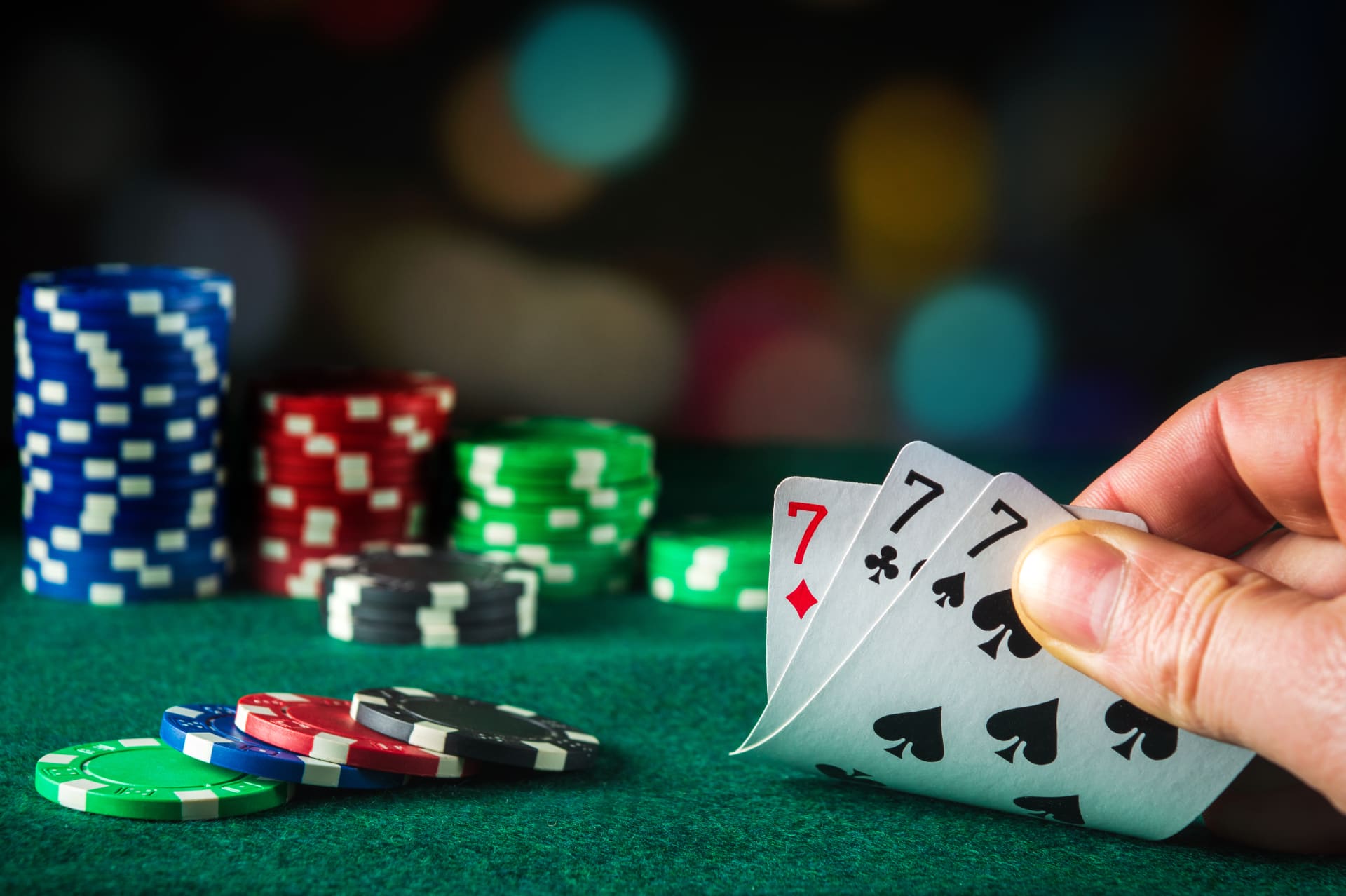Research on the psychological aspects of poker, particularly Texas Holdem poker, has illuminated how certain psychological traits influence player performance. Studies have consistently shown that experienced players exhibit significantly greater emotional stability than their less experienced counterparts. Emotional stability, in this context, is quantified through lower emotionality scores, suggesting that the ability to manage and regulate emotions proficiently is correlated with higher levels of poker expertise. This relationship underscores the importance of emotional control in maintaining focus, making strategic decisions under pressure, and mitigating the adverse effects of variance on decision-making and overall performance.
Further examination into the psychological composition of poker players reveals a connection between problem gambling behaviors and various psychological factors, including time spent playing, dissociation, boredom proneness, impulsivity, and the presence of negative affective states such as depression, anxiety, and stress. These findings suggest that individuals displaying these characteristics are at a heightened risk of developing problematic gambling patterns. The data, derived from an analysis of online poker player behaviors, highlight the critical role of self-regulation and emotional management in mitigating this risk.
A notable study classified high school poker players into distinct categories based on their gameplay behavior and psychological profiles. This classification included players engaged in simulated poker, those playing exclusively within school premises, individuals playing primarily at home, and a group characterized by a mixed playing pattern. The delineation of these groups provides insights into how environmental and psychological factors interact to influence gambling behaviors and risk profiles among young players.
The impact of specific emotional states on gameplay decisions also merits attention. Research indicates that poker players experiencing negative emotions, particularly moral anger, exhibit decreased mathematical accuracy in their decision-making processes. This reduction in accuracy, combined with a social drive to reestablish perceived justice, can significantly alter gameplay strategy and outcomes. The phenomenon provides a compelling example of how transient emotional states can lead to deviations from optimal game-theoretical strategies, emphasizing the need for emotional stability and resilience in competitive poker.
Skill, Game Theory, and Decision Making
An analysis of hundreds of thousands of online poker hands over a six-month period presents a critical insight: the actual best hand wins only a marginal percentage of the time, specifically 12% on average, with less than a third of hands proceeding to showdown. This observation substantiates the argument that skill plays a predominant role in poker outcomes, challenging the common misconception that poker success is predominantly luck-based. The strategic elements of bluffing, bet sizing, and player positioning often determine the outcome of a hand, regardless of the cards held by any given player.
Comparative studies of return on investment (ROI) between recreational and professional poker players, specifically at the 2010 World Series of Poker, elucidate the quantifiable impact of skill on poker outcomes. Recreational players experienced an average loss exceeding 15% of their buy-ins, whereas professionals garnered over a 30% return. The stark contrast in ROI between these two cohorts, much larger than variations observed in financial markets, underscores the proficiency and strategic acumen required to achieve consistent success in poker.
Game theory also plays an instrumental role in understanding and applying optimal poker strategies. The concepts of Nash equilibrium, mixed strategies, bluffing, deception, information asymmetry, and the minimax strategy are foundational to developing a comprehensive approach to decision-making in poker. These principles allow players to craft strategies that can effectively counter a wide range of opponent behaviors, enhancing their ability to make profitable decisions across eclectic game situations.








